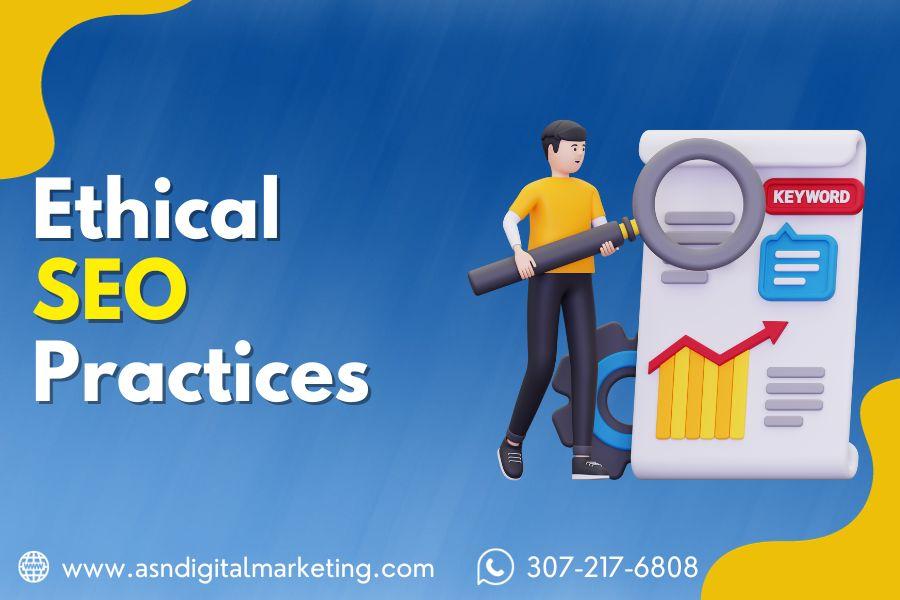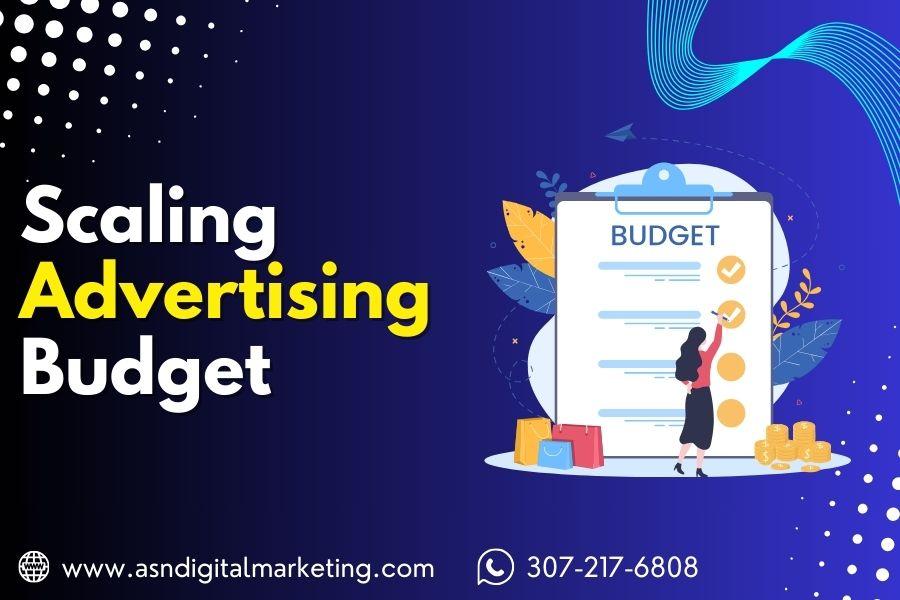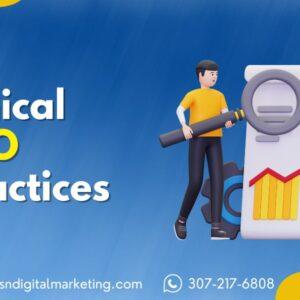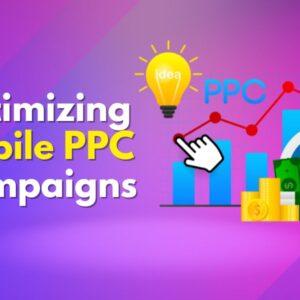PPC (pay-per-click) advertising can be a powerful way to increase traffic and sales for your business. However, without ongoing PPC campaign optimization, PPC performance will stagnate or decline over time. In a highly competitive landscape, it is crucial to continuously experiment and optimize your campaigns in order to achieve maximum results.
Here are 10 tips to help improve your PPC campaign performance:
1. Set Concrete Goals and KPIs
Before optimizing your campaigns, you need to determine what success looks like. Establish clear and measurable goals, along with key performance indicators (KPIs), that are in line with your overall business objectives. Goals could include:
- Increase click-through rate by 13%
- Lower cost-per-conversion by 9%
- Generate 42 new leads per month
Track metrics like impressions, clicks, click-through rate (CTR), cost-per-click (CPC), conversions, conversion rate (CVR), and return on ad spend (ROAS). Determine which KPIs are most important for each campaign. This focuses on your optimization efforts.
2. Audit Ad Groups and Keyword Lists
Take time to thoroughly audit and refine your ad groups and keyword lists. Are keywords and ad copy tightly aligned? Are ads showing for irrelevant keywords? Tight alignment improves CTR and conversion rates.
Remove irrelevant, underperforming keywords with low impression share or high bounce rates. Eliminate wasted ad spend. Categorize keywords into tight ad groups focused on product lines, services, locations, etc. This makes ads more relevant.
Tools such as Google Analytics, SEMrush, and Google Ads have the incredible ability to discover hidden and valuable keyword opportunities that you may not have even considered before. Expand your lists with these terms.
3. Set Optimal Bids
Manual bidding gives you greater control over spend. Set bids based on keyword performance and value. Bid higher on keywords that drive conversions and revenue. Lower bids on non-converting terms.
Utilize bid adjustments to fine-tune for factors like device, location, time of day, etc. Create bid rules based on conversion rate, profitability, or target CPA. Automated bidding like Target CPA can save time, but may not always maximize performance.
Regularly review your bids and adjust as needed. Don’t let slow, manual processes prevent bid updates.
4. Test Ad Variations
Write 2-3 ad variations per ad group testing different headlines, descriptions, and display URLs. Test these against your top performers. Minor variations can lead to a big lift.
Try promoting key benefits and offers. Use emotional triggers like humor or exclusivity. Play with different call-to-action phrases. Always A/B test new ads before pausing the old ones.
5. Optimize Landing Pages
Sending traffic to a generic home page may diminish your desired results. Create targeted landing pages aligned to ad groups and offers. Strong relevance between ads and landing pages increases conversion rates.
Remove distractions and focus landing pages on one goal, like email sign-ups or purchases. Make key info visible above the fold. Keep forms short. Add social proof elements. Test versions, layouts, copy, images, calls-to-action, etc.
6. Leverage Extensions
Extensions like call, location, lead form, app, and site link help PPC ads stand out on SERPs. They improve CTRs by 10-20%.
Set up call and location extensions for service businesses. Lead forms make it easy for visitors to convert. Site links direct traffic to key landing pages.
Always test new extensions against old ones. Monitor conversion rates, then eliminate those that don’t contribute to goals.
7. Install Conversion Tracking to Optimize PPC Campaigns
Understanding which keywords and campaigns drive conversions is critical for optimization. Install tracking pixels like Google Tag Manager on your site. Use platforms’ built-in tracking when possible.
Track micro and macro conversions like email signups, downloads, purchases, etc. Set up goals in Google Analytics. Tie conversions back to keywords for insight. Identify top converters to inform bids and budgets.
8. Analyze Performance by Device
Mobile performance varies drastically from the desktop. You’ll miss PPC campaign optimization opportunities if you only look at overall campaign data.
Segment metrics by device. Adjust bids down for keywords performing worse on mobile. Optimize text for small screens.
Leverage location data for geo-conquesting campaigns focused on driving in-store conversions. Mobile users have much higher intent when searching close to businesses.
9. Remarket to Audiences
Remarketing and targeting help squeeze more conversions from interested audiences. Set up remarketing lists in Google Ads, Facebook, Instagram, etc. Create campaigns with messaging tailored specifically to these high-intent users.
Lookalike Audiences expand your reach to new users with characteristics similar to your remarketing lists. Leverage customer match to target customer email lists. Prioritize higher CPA bids for these audiences.
10. Review Reports Frequently
PPC campaign optimization is an ongoing process. Regularly review performance data, testing results, etc. Look for new opportunities to test and refine.
Realign campaigns that have drifted from goals. Pause poor performers to control spend. Improve ad copy and landing pages. Adjust bids. Test new keywords and ads. Add negative keywords to reduce irrelevant spend.
Incremental improvements add up over time. Continual optimization plays a crucial role in boosting conversions and driving profitability.
Conclusion
With a strategic optimization plan focused on big and small improvements, you can get significantly better performance from your PPC campaigns over time.
Define concrete goals. Tightly align keywords, ads, and landing pages. Adjust bids to balance conversions with costs. Relentlessly test new variants. Remarket to qualified audiences. Analyze data frequently and make changes.
Improving PPC results requires vigilance, but the impact on your business can be well worth the effort.
What optimization tips have you found most effective?










